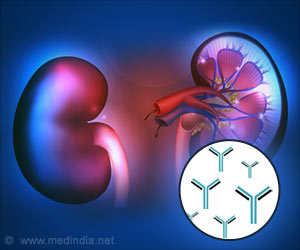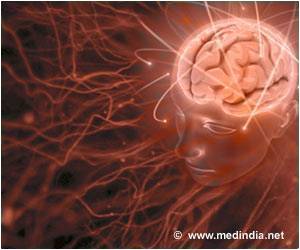caused by a faulty gene that affects brain cells. Infants with DTDS are rarely able to learn to walk or speak and as they grow, they develop symptoms similar to Parkinson’s Disease.
‘Gene therapy breakthrough offers hope to children with rare and fatal brain disease’
There are no effective treatments or a cure and most children with DTDS die before reaching adulthood, often from respiratory infections or other complications.
The results published in Science Translational Medicine, are so promising that the UK regulatory agency MHRA has advised the researchers to prepare for a clinical trial.
Scientists took skin cells from children with DTDS and turned them into stem cells to grow into any type of cell to build or repair different parts of the body. Later, they converted these stem cells into the exact brain cells (dopaminergic neurons) that carry the genetic ‘fault’ responsible for DTDS.
Using this laboratory model, scientists were able to test the experimental gene therapy for DTDS to relieve the disease-related defects in DTDS brain cells.
The gene therapy treated cells using fluorescence microscopy show that DTDS is cured in a laboratory model. To build their research further they testing gene therapy to cure DTDS in mice.
Based on the promising results of the laboratory tests, the next phase is to develop a clinical trial involving children diagnosed with DTDS.
Professor Manju Kurian, co-lead author on this study and the scientist behind the discovery of this disease, says: “Our study provides real hope of an effective treatment for children who are living with this devastating, life-limiting brain disease, and it is hugely exciting to be at the stage of planning a clinical trial just ten years after discovering the gene that causes the condition”.
This pioneering gene therapy will prevent the progression of this rare but cruel disease with a single procedure, giving children the improved quality and length of life that they deserve.
If we can use gene therapy to treat children with this condition early enough, there is great potential for improvement in their health.
Source: Medindia



